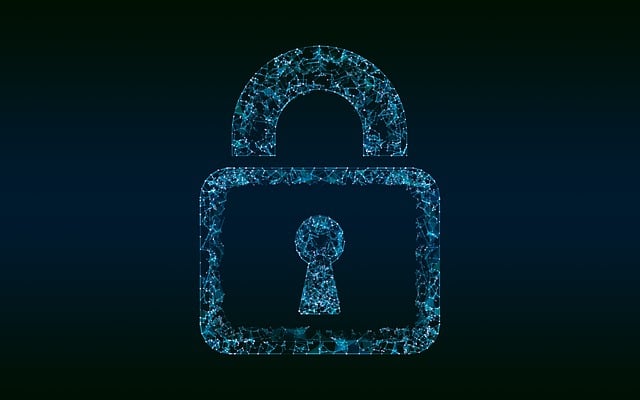When traveling or doing business internationally, navigating data regulations can be complex. Travel security consulting firms offer expertise in local data protection laws and best practices, ensuring compliance with global standards like GDPR and CCPA. These consultants provide tailored cybersecurity measures, helping individuals and organizations avoid hefty fines and maintain client trust worldwide. Key recommendations include using VPNs for secure internet connections, implementing robust device security, keeping software updated, and being cautious with file downloads from unfamiliar sources. Travel security consulting services offer personalized guidance for a safe digital experience abroad.
Traveling abroad? Don’t let your digital data become a vulnerable target. With evolving international data regulations, securing your information while on the move is crucial. This comprehensive guide offers essential cybersecurity tips tailored for global travelers. From understanding local laws to protecting remote access and sharing data safely, discover best practices recommended by travel security consultants. Ensure peace of mind and safeguard your digital assets with these practical measures.
Understanding International Data Regulations
When traveling or conducting business abroad, it’s crucial to understand that data regulations can vary significantly from one country to another. This is where travel security consulting comes into play. Professionals in this field help individuals and organizations navigate these complexities by providing insights into local laws and best practices for data protection. From the General Data Protection Regulation (GDPR) in Europe to the California Consumer Privacy Act (CCPA) in the US, each jurisdiction has its own set of rules regarding data collection, storage, and sharing.
By engaging a travel security consulting firm, you gain access to expertise that ensures compliance with international regulations. They assist in understanding data privacy requirements specific to your destination or locations of operation, helping to avoid hefty fines and reputational damage. These consultants also guide on implementing robust cybersecurity measures tailored to the local threat landscape, thereby safeguarding digital assets and maintaining the trust of clients and customers worldwide.
Secure Remote Access While Traveling
While traveling, secure remote access is crucial for protecting digital data. Travel security consulting experts recommend using Virtual Private Networks (VPNs) to create a secure connection over the internet, especially when accessing sensitive information from public Wi-Fi networks. VPNs encrypt data, ensuring that it remains confidential and cannot be intercepted by unauthorized users.
Additionally, ensure your devices are equipped with robust security measures such as strong passwords, two-factor authentication, and regular software updates. Avoid connecting to unknown or unsecured networks, and be cautious when downloading files or clicking on links from unfamiliar sources. Travel security consulting services can provide tailored guidance to help individuals stay secure while accessing digital data abroad.
Protecting Devices in Foreign Territories
When traveling abroad, your devices become even more vulnerable to cyber threats. As you connect to unfamiliar networks and potentially use public Wi-Fi, it’s crucial to ensure robust protection for all your digital assets. One effective strategy is to employ a Virtual Private Network (VPN) that encrypts your internet traffic, safeguarding your data from prying eyes while also providing secure access to regional online resources.
Additionally, regular software updates and antivirus checks are non-negotiable. Travel security consulting experts recommend keeping all your applications and operating systems up to date to patch known vulnerabilities. Install reputable antivirus software tailored for international travel, which can detect and block malicious programs designed to exploit weaknesses in foreign territories.
Best Practices for Safe Data Sharing Abroad
When sharing data while abroad, it’s crucial to employ best practices that align with robust cybersecurity principles. Travel security consultants recommend utilizing encrypted platforms and tools for all international data exchanges. This includes using Virtual Private Networks (VPNs) to secure internet connections, especially when accessing sensitive information over public Wi-Fi networks.
Implementing strong password policies and multi-factor authentication adds an extra layer of protection. Regularly updating software and apps is another vital step, as updates often include security patches that fix known vulnerabilities. Finally, being mindful of the privacy settings on social media platforms and avoiding sharing sensitive details publicly can significantly reduce the risk of data breaches while traveling or working overseas.
When traveling abroad, staying secure online is crucial. By understanding international data regulations and implementing robust remote access measures, you can protect your digital assets effectively. Always ensure devices are secured in foreign territories, adhering to best practices for safe data sharing to maintain privacy and confidentiality. For comprehensive guidance, consider consulting travel security experts who specialize in these dynamic cybersecurity landscapes.
